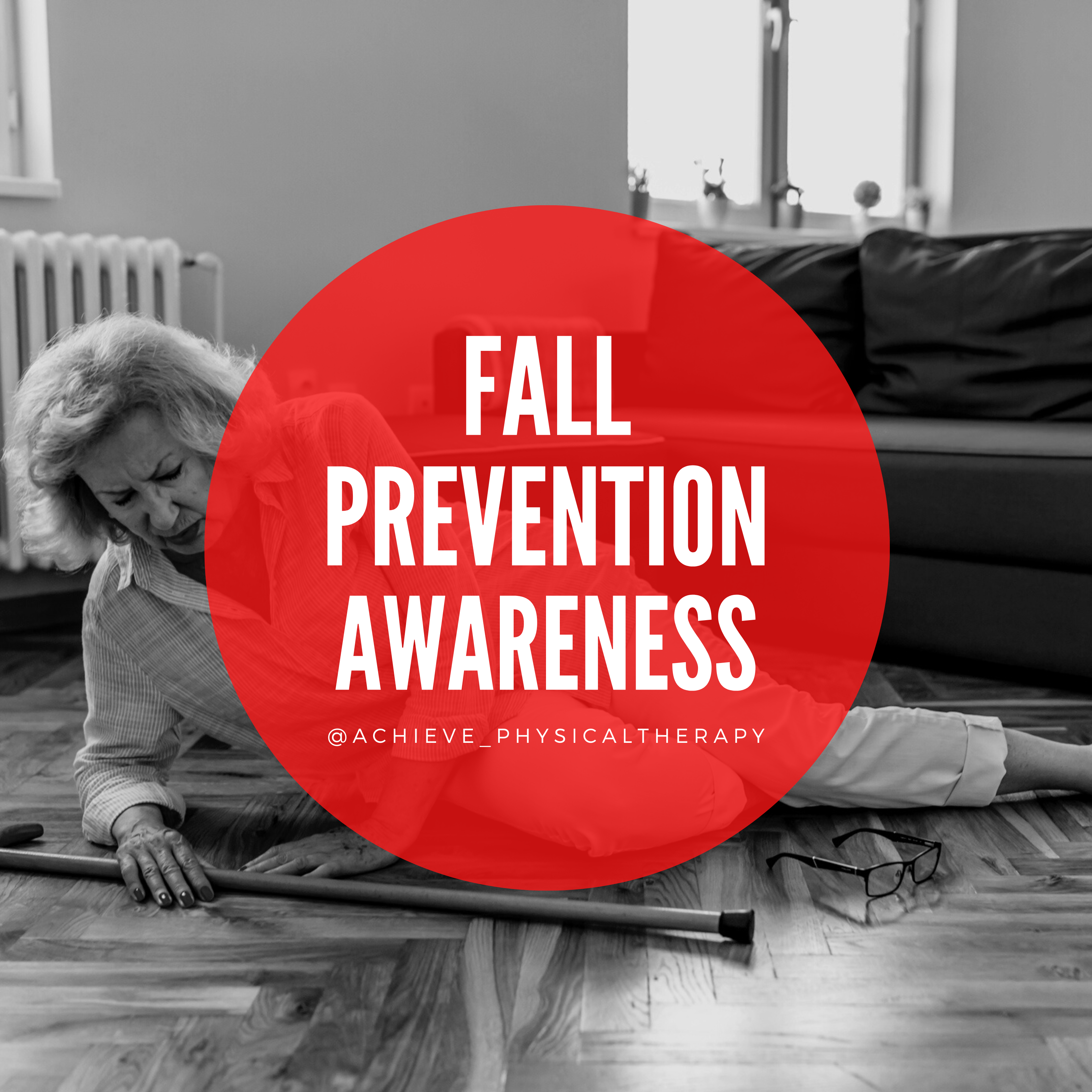
Fall Safety – Fall Prevention Programs
A fall can result in an injury and a decrease in your ability to do your everyday things. Falls can diminish an individual’s ability to live an independent life. According to the CDC, over 800,000 patients are hospitalized yearly because of a fall injury. Suffering a fall can result in serious injuries like broken bones and traumatic brain injuries. In addition, as people age, their bones become weaker and more brittle, making them more likely to break a bone. Falling once also doubles your chances of falling again.
Falls can happen to anyone, but with the right knowledge and precautions we can significantly reduce the risk of accidents.
Understanding the Causes of Falls:
Before diving into prevention, let’s address the root causes of falls. Environmental factors, medical conditions, and lifestyle choices can all contribute to the increased risk of falling. Recognizing these factors is crucial for developing a comprehensive fall prevention plan.
One of the most serious fall injuries is a broken hip. Each year 300,000 older people – those 65 and older – are hospitalized for hip fractures. More than 95% of hip fractures are caused by falling. After suffering a broken hip, it makes it nearly impossible for people to live on their own.
Fall Prevention Week (September 18th – September 24th) is a week dedicated to raising awareness that most falls can be preventable.
Fall Prevention Programs
One effective approach to minimizing falls is participating in fall prevention programs. These programs are designed to enhance strength, balance, and flexibility, all of which are critical components in preventing falls. Fall prevention programs offer home-based exercises tailored to make a significant difference in maintaining stability.
Fall Prevention Programs aim to
- Increase independence with daily activities
- Increase independence with functional mobility
- Decrease fall risks
- Prevent future falling
- Increase safety
Read more about the fall prevention programs that will keep you on your feet here.
Here are some suggestions to lower your risk of falling.
Fall Safety Tips:
- Stay physically active to improve strength and balance
Exercising will improve your overall strength, which will help keep your muscles strong, support healthy bones, and enhance stability. It will also improve the overall quality of life for older adults, including their memory.
- Remove risks at home
While falls can happen anywhere, more than half of them happen in an individual’s home.
Examine your home for possible hazards and remove any items that could make you trip like throw rugs, electrical cords, etc.
Preventing Falls at Home
Furniture:
- move your furniture around to clear a path for you to walk.
- ask someone to help move the furniture if you can’t do it by yourself.
Throw Rugs:
- Remove throw rugs.
- use a non-slip backing or double-sided carpet tape to hold the rug in place.
Clutter:
- pick up things off the floor and try to keep floors clear.
- remove any clutter and obstacles in the path.
Cords & Wires:
- keep cords out of walkways, tape, and coil cords next to the wall.
- if possible, add new outlets near electrical devices.
Lighting:
- use light bulbs of proper & maximum wattage to provide good lighting.
- add overhead lights at the top and bottom of stairs and steps.
- use light switches that glow to aid in finding the light at night.
- be sure your bedside lamp is easy to reach or keep a flashlight next to your bed.
- add night lights between your bedroom and the bathroom.
Stairs & Steps:
- remove objects and keep steps clear of clutter.
- fix loose handrails or ask a professional to install new ones.
- if they are carpeted, make sure it is firmly attached to every step.
Frequently Used Items:
- store commonly used items within accessible reach.
- avoid placing frequently used items in places that are too high or too low.
Tub/Shower Floors:
- use a non-slip rubber mat or self-stick strips on the floor of the tub/shower.
- consider having grab bars professionally installed inside and next to the tub/shower and toilet. Or, use an elevated toilet seat.
- mount liquid soap and shampoo dispensers to the shower wall so you do not have to reach or bed for soap or shampoo.
Shoes:
- wear shoes that fit properly and that have non-slip soles.
Pets:
- if you own pets, be careful while walking. They can cause you to trip if you don’t see them.
- Talk to your healthcare provider
Your healthcare provider can evaluate your risks of falling and talk with you about specific things you can do to prevent them.
You can also prevent a fall by seeing a physical therapist. Physical therapy can improve your balance, muscle strength, and endurance. Our physical therapist will develop a specialized program for each patient for them to remain independent.
In the event of a fall, any fall, no matter how little or severe, should be reported to a healthcare provider. In addition, if you have a history of falling, loss of balance, or are worried about falling, you should consult a physical therapist or your healthcare provider. When visiting our physical therapist, they will educate you on how you can best manage your risks of falling. If you are worried about falling, our physical therapist will also be able to work with you to build your confidence and help you get back to the activities you may have been avoiding because you were worried about falling.
Individuals should not let the fear of falling limit their independence. Limiting your activity and staying home won’t prevent you from a fall. By taking the right precautions and improving your strength and balance, you can better prevent yourself from falling. If you are concerned about your health or the risk of falling, request an appointment with one of our physical therapists today!
